If Your House Were Falling Off a Cliff, Would You Leave? – the New York Times
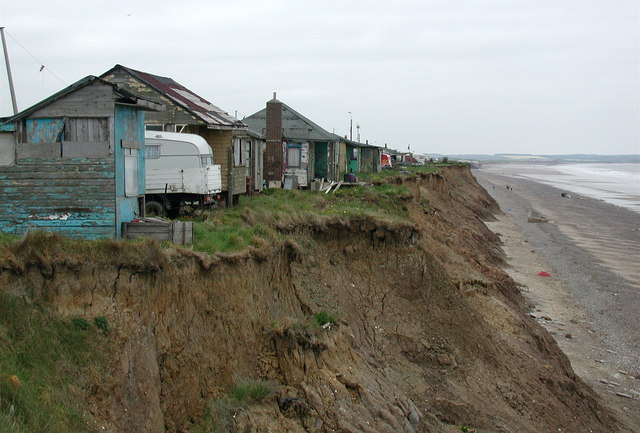
On a stormy day in the spring of 2021, the sea defenses on the beach below Lucy Ansbro’s cliff-top home in Thorpeness, England, washed away. Then, the end of her garden collapsed into the North Sea…“We lost three and a half meters of land,” said Ms. Ansbro, a 54-year-old television producer, sitting in her kitchen on a recent morning. “Every time I went out, I didn’t know if the house would still be here when I came back…”
Bleaching, It’s Not Just for Corals – Hakai Magazine
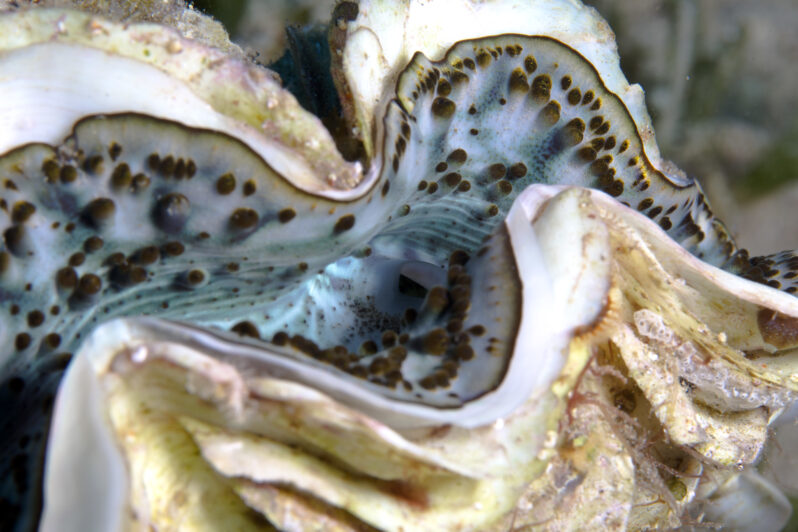
Giant clams suffer similar struggles with warming water, though the consequences don’t seem quite as dire.
Bleaching occurs when a stressed marine creature, most commonly a coral, expels its symbiotic algae and turns a ghostly white, often in response to a warming sea. But bleaching affects more than just corals. Giant clams—massive mollusks that can grow more than 1.2 meters in diameter and weigh as much as 225 kilograms—can bleach, too. And in recent research, scientists have learned more about how bleaching disrupts these sessile giants, affecting everything from their nutrition to their reproduction…
Sand – Planet Snapshots
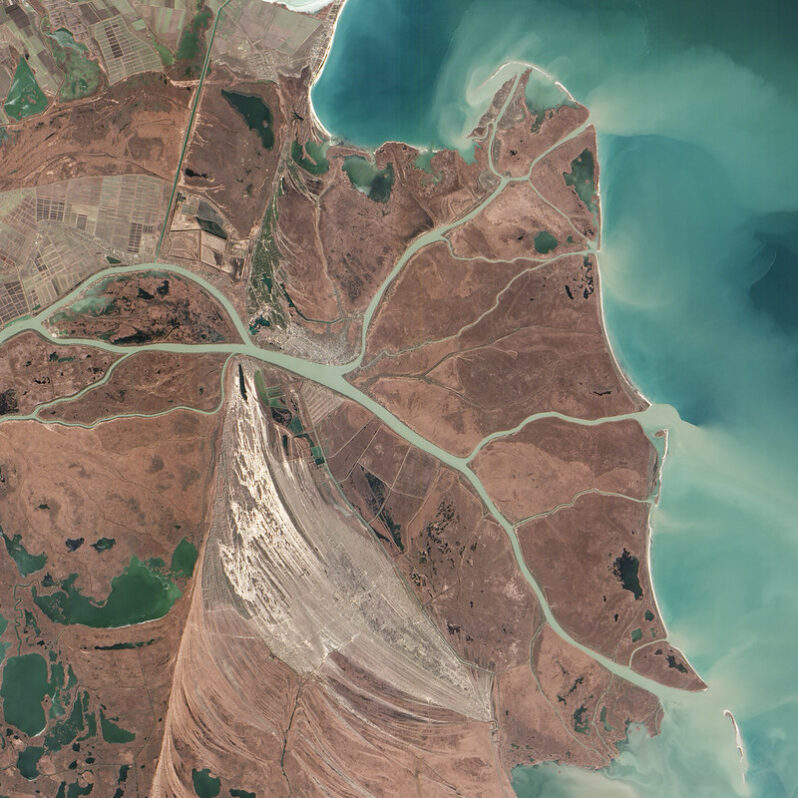
Sand. It’s coarse, rough, irritating, and it gets everywhere — perhaps more than you think. Sand is the second most used natural resource after water and the most extracted solid material, accounting for 85% of global mineral extraction. Like a messy trip to the beach, it has infiltrated our pockets and all our surroundings. It’s the key ingredient in cement, asphalt, glass, and silicon chips. Our cities are glorified sand castles, and our most advanced tech is built from this unimposing substance…
Plastic bottles harm human health at every stage of their life cycle – the Grist
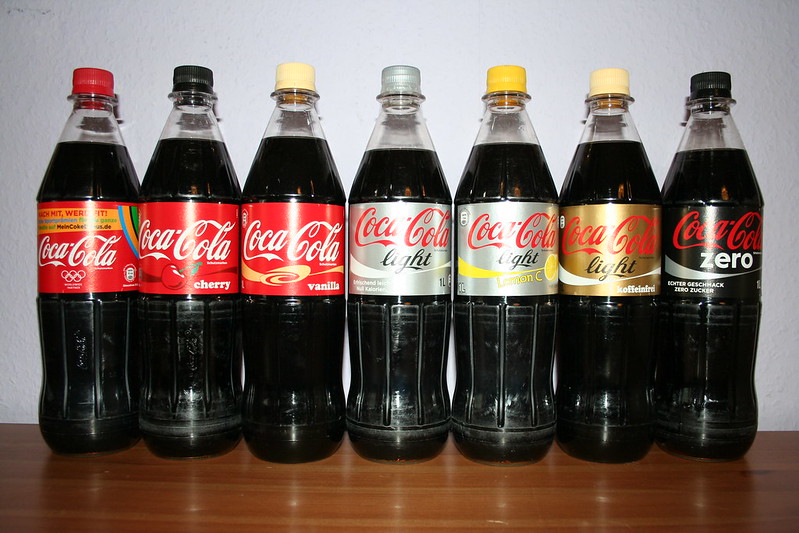
A new report says beverage companies like Coca-Cola must be “held accountable for the supply chain impacts of their plastics.”
In 1973, a DuPont engineer named Nathaniel Wyeth patented the PET plastic bottle — an innovative and durable alternative to glass. Since then, production has skyrocketed to more than half a trillion bottles per year, driven by beverage companies like Coca-Cola, PepsiCo, and Nestlé…
As Greenland’s Ice Melts, Glacial Sand Deposits May Offer a Welcome Economic Opportunity – Columbia Climate School
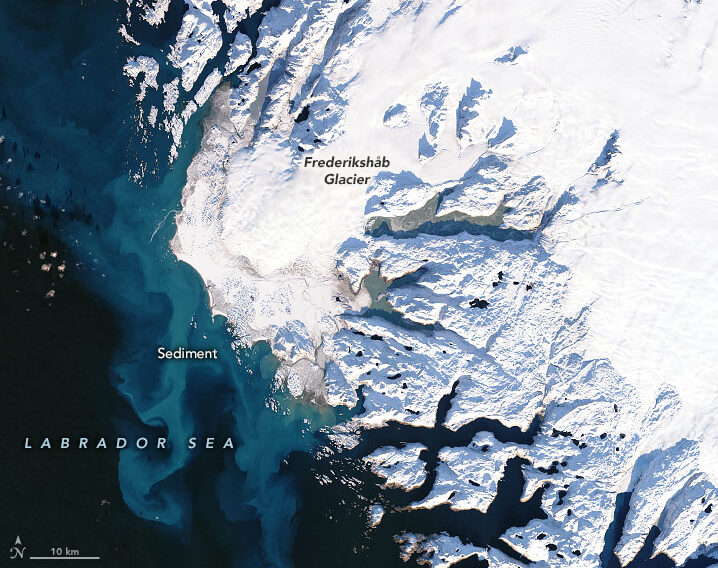
Greenland’s ice sheet is losing 280 billion tons of mass per year, and some models suggest that its glaciers may be melting up to 100 times faster than expected. But flowing off those glaciers comes a potential economic boom: sand. Each season, millions of tons of sediment flow from melting glaciers into the ocean, adding landmass to the largest island in the world. According to a research paper published in Nature last fall, three out of four Greenlanders support extracting and exporting sand — so long as they’re the ones in charge of managing the resource…
The Foul Chartreuse Sea – Yale Climate Connections
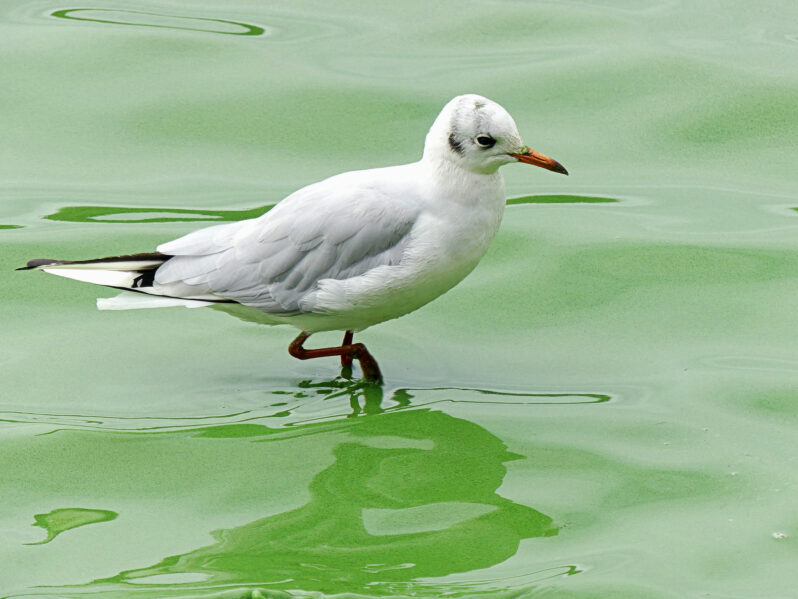
Researchers in Kotzebue, Alaska, are investigating why their town is increasingly playing host to harmful cyanobacteria.
Dead fish were everywhere, speckling the beach near town and extending onto the surrounding coastline. The sheer magnitude of the October 2021 die-off, when hundreds, possibly thousands, of herring washed up, is what sticks in the minds of the residents of Kotzebue, Alaska. Fish were “literally all over the beaches,” says Bob Schaeffer, a fisherman and elder from the Qikiqtaġruŋmiut tribe…
Barcelona’s beaches could vanish as authorities abandon ‘enhancement’ – the Guardian
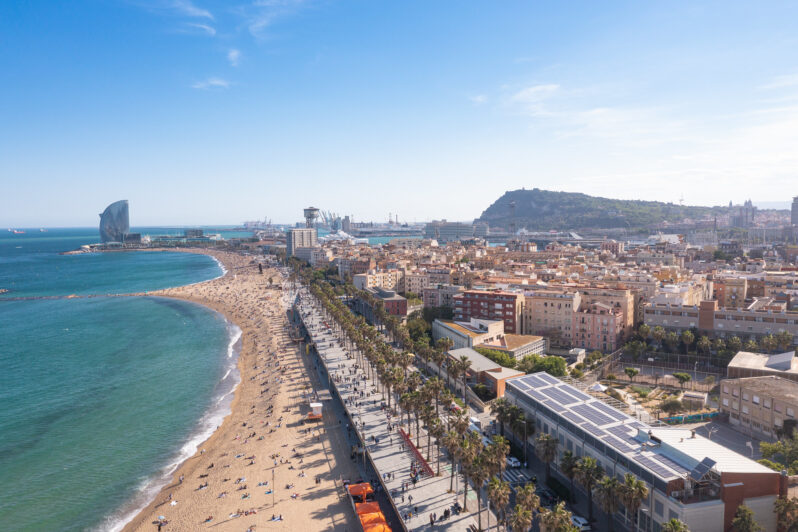
For the 1992 Olympic Games, Barcelona rediscovered the sea. It beefed up its beachfront using thousands of tons of sand, and the area is now packed with tourists and lined with beach bars. Barcelona’s beach may be partly artificial, but it’s big business. The way things are going, however, soon there won’t be any beach at all. Across Catalonia, rising sea levels and winter storms are eating away at the coastline…
Lost Lands: Mining the Mekong – the South China Morning Post Films
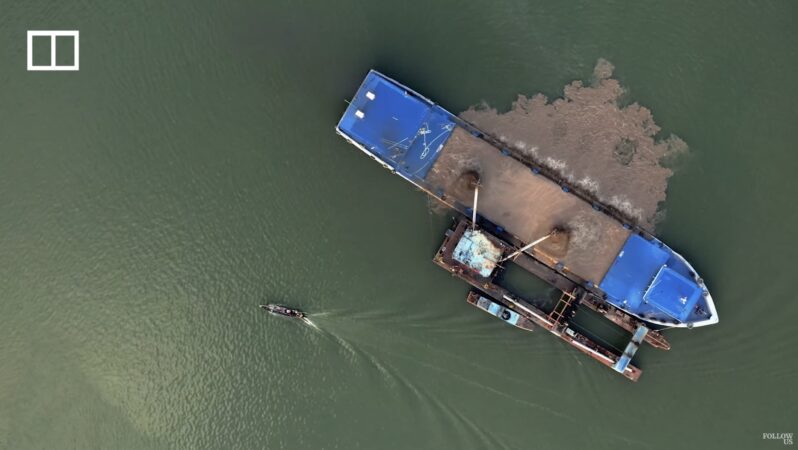
Cambodia’s appetite for sand has exploded as construction continues to fuel economic growth in the capital Phnom Penh. But as the thirst for sand grows, so does the uncertainty over the future of the river. Two families who rely on the river for a living share their stories of how sand dredging is causing pain and concerns for the future.
The Earth Transformed: An Untold History – Reviewed in the Atlantic
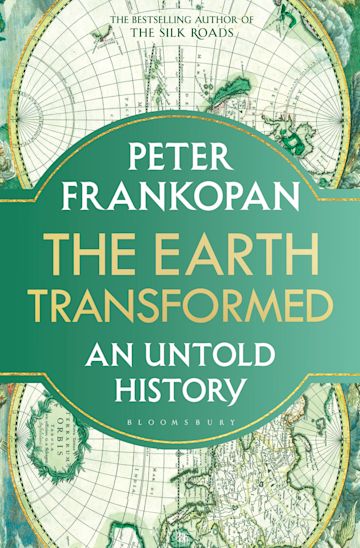
In his sweeping new book, Peter Frankopan looks at how the climate has changed human society—and how we have changed the climate.
Does climate change directly influence the weather we experience? Until recently—for the past 40 years or so—that question has followed nearly every major hurricane or flood, every record snowfall or heat wave. In some people, it provokes instant denial, often political or economic, often rooted in prideful ignorance…
